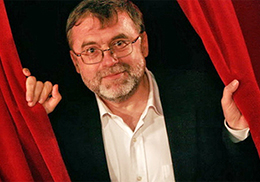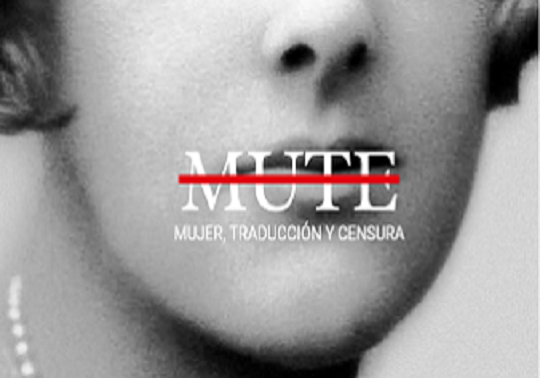
Regarding the “13th Scientific Meeting of Spanish Humanists. Perspectives, interests and tendencies from inside and outside the Peninsula”, which was held last week at the Faculty of Language Studies, Translation and Communication of the Universitat de València, we have prepared this post about literary humanism.
24 november 2016
The term derives from the word humanist, which in 15th and 16th centuries was used to denominate the professor of the studia humanitatis, meaning, the expert in grammar, rhetoric, poetics, history and moral philosophy. Nevertheless, nowadays it can be used strictly speaking to refer the philological activity made by professional Latinists and Hellenists of the 15th and 16th centuries, who usually worked in a university environment, as preceptors in aristocratic courts or in the area of the printing press.
But in a more general sense, the term is used to refer to the cultural and intellectual movement that made a difference also in the world of biblical studies, political thought, art, science, philosophy and literature in vernacular languages, according to authors such as Miquel Batllorí or Jill Kraye.
The term is used to refer to the cultural and intellectual movement that made a difference also in the world of biblical studies, political thought, art, science
The main subject of study of the humanism is the human being. Some criticists have spoken about this movement as a renovation of letters, but its importance lies in the paradigm change it involved to position the human being in the centre of everything, moving away of the theocentric postulates of the Middle Ages, according to which God was the central core of life.
Its importance lies in the paradigm change it involved to position the human being in the centre of everything
One of the functions of this Renaissance movement is to study ancient Greek and Roman culture. Therefore, multiple translations of important Greek and Roman works were done, which made possible a major knowledge about the culture in that time.
Authors such as Petrarca or Boccacio had already laid the foundations of Humanism during 14th century. However, later on appeared leading personalities such as Marsilio Ficino or Pico de la Mirandola (15th century). Nonetheless, this movement reached all its splendour in the 16th century, spreading consequently throughout Europe. It is now when we talk about important humanists like Erasmus of Rotterdam, who made a deep review about the Renaissance and he analysed all the complexities shaping the society of that time.
This movement reached all its splendour in the 16th century, spreading consequently throughout Europe
Additionally, another important humanist of that time was Tomás Moro, who wrote the fundamental work “Utopia”. In it, he thinks ironically of an ideal state located in an imaginary republic, with a communal organisation, in which human beings live peacefully and meekly.
In this sense, other Spanish authors outstand to, like Juan Luís Vives with his “Treatise on the Soul”. He is considered to be a forefather of modern psychology. Or also Antonio Nebrija, whose work “Grammar” was the first treatise on a Romance language: Castilian.












